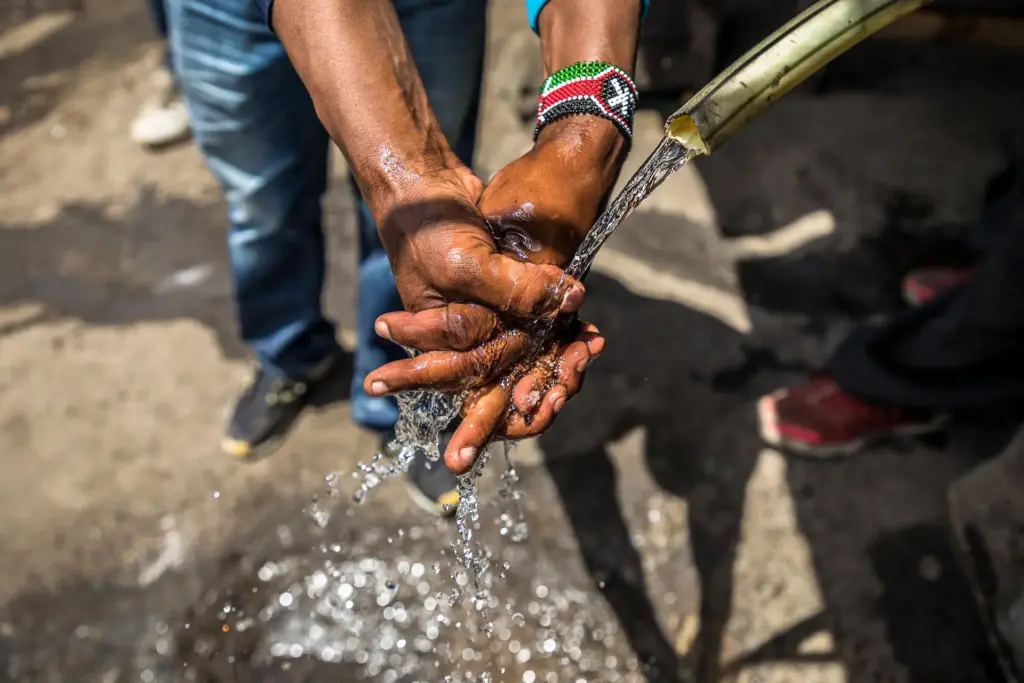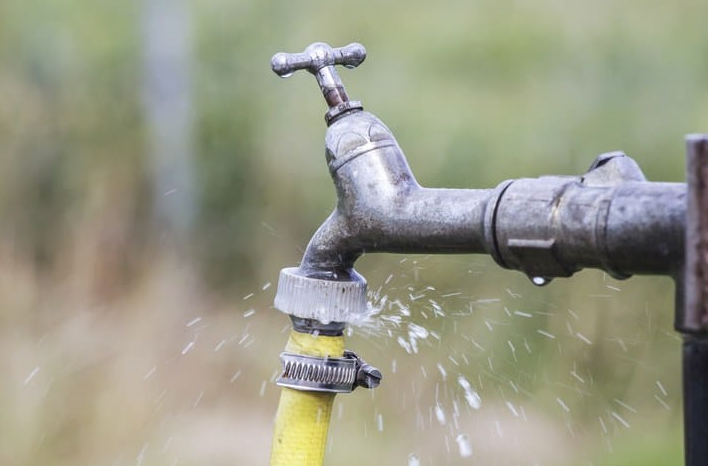- Kakamega County has enabled 6,400 households in rural areas to access clean and safe drinking water through Governor Fernandes Barasa’s ‘Amatsi Khumuliango’ initiative
- This program has increased water access in the county from 62 percent in 2022 to 74 percent, with a target of over 90 percent by 2027
- Despite financial constraints, the county government has partnered with various organizations to drill boreholes and protect springs, significantly improving water infrastructure in the region
Kakamega County has significantly improved access to clean and safe drinking water for 6,400 rural households through the “Amatsi Khumuliango” (Water at the Doorstep) program initiated by Governor Fernandes Barasa.

This initiative has increased water access from 62 percent in 2022 to 74 percent, with an ambitious goal of reaching over 90 percent by 2027.
Peninah Mukabane, the County Executive Committee Member in Charge of Environment, Water, Natural Resources, and Climate Change, highlighted that the county requires at least Sh5 billion to ensure all residents have water access. Given budgetary constraints, the county is collaborating with the national government and various partners to achieve this goal.
Must Read:
1: Kakamega :Teenage Mothers Championing Against Pregnancy
2: Disability Caucus,Lobby For Better Share In Kakamega County Budget.
Key partners include the Lake Victoria North Water Works Development Agency (LVNWWDA), USAID Western Kenya Water Project, The Water Project, Western Water Sanitation Forum (Wewasafo), and Believers Revival Mission.
These partners are investing in water infrastructure, such as drilling boreholes and protecting springs. Notably, The Water Project has drilled 33 boreholes, and Believers Revival Mission is supporting the drilling of over 36 boreholes.
Mukabane explained that these projects involve installing hybrid electrical and solar pumps to ensure continuous water supply. The county also plans to construct water kiosks near schools with boreholes to provide community access.
In addition to expanding water access, the county is enhancing its budget and partnering with USAID to scale up last-mile water connectivity in various towns and projects across the county.
This includes projects in Kakamega town, Mumias town, Navakholo, Likuyani, Khwisero, Ikolomani, Malava, Lugari, Matungu, Mumias East, Navakholo, Likuyani, Butere, and others.
Mukabane emphasized the importance of sustainability, sanitation, and sewerage, supported by USAID Boresha Jamii.
However, she also raised concerns about the destruction of water pipes during road construction and the theft of solar pumps and other water utilities, which hinder progress in water provision.

